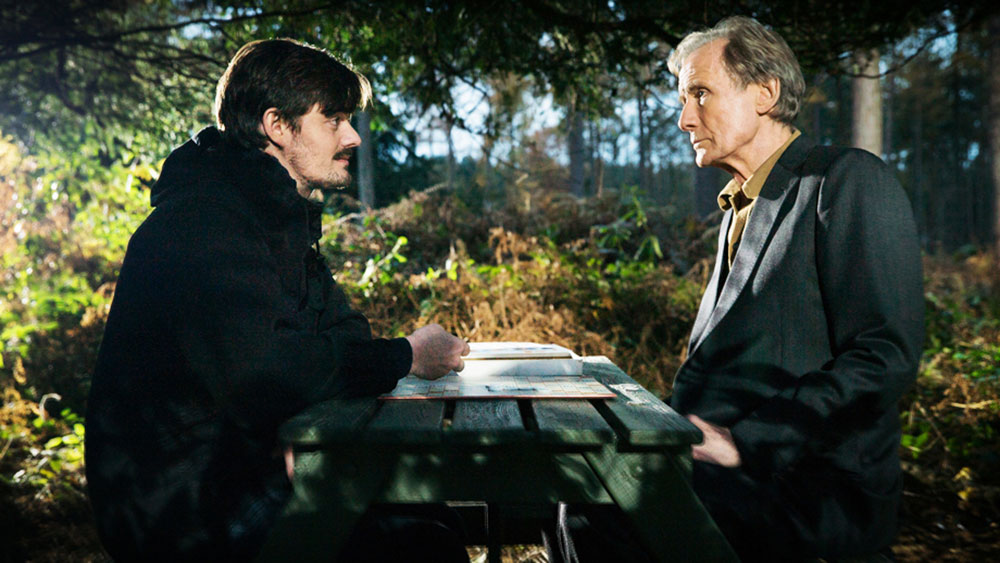Suppose you had the option in a game of Scrabble to play the word SACCHARINE or ANARCHIC. Saccharine, meaning excessively sweet and sentimental, and anarchic, much to do with lacking control over circumstances, are both worth more than 15 points but also summarise the range of emotions experienced by Bill Nighy and company in the 2019 British drama-comedy, Sometimes Always Never.
Much like the state-of-play of life, sometimes difficult, always an experience, and never predictable, Sometimes Always Never follows Bill Nighy’s Alan, an ageing tailor and word enthusiast trying to locate his missing son.
A love letter to the love of letters, the game of Scrabble features heavily throughout Sometimes Always Never, with the dialogue showing an appreciation for joyful language but also working just as hard to denote the importance of words never said. Fantastical moments occur sporadically, often as short, highly unusual animated cuts, feeling akin to something of Wes Anderson but are seldom seen as if the film holds back from being presented as something surrealist.
The exploration of Alan’s relationship with his missing ‘prodigal’ son, both throughout the film and referenced throughout the narrative is a driving force of tension between Alan and his other son Peter (Sam Riley), who accompanies and houses him on his search.

Alan’s habit of reducing things as being substitutional of something better (such as a Marmite to Vegemite comparison that will make every Australian cringe) creates distance between himself and Peter and denotes the fragile nature which we hold onto the pain brought on by our families.
Sometimes Always Never is very much the Nighy show, whose character is emotionally incapacitated but where necessary delivering on the comedic-quirks attuned to British cinema. Much like the complexity of building upon words in a game of Scrabble, Alan’s channelling of grief is built up throughout the film with his optimism about finding his missing son in online word games as endearing as it is upsetting.
A film fascinated by being equally bittersweet as it is melancholic, Sometimes Always Never looks at Scrabble as a profound meditation on life and family, with the troubles experienced in the film more like what you’d expect to see from the aftermath of a game of Monopoly.
Fun Fact:
The film is based on a short story called Triple Word Score, written by the scriptwriter Frank Cottrell Boyce.




COMMENTS